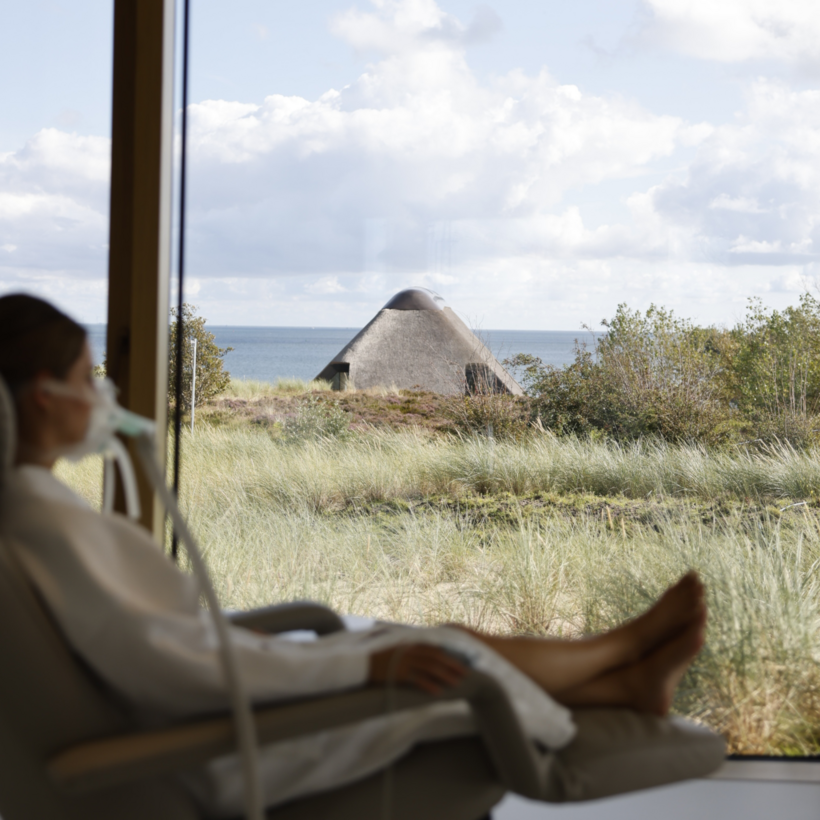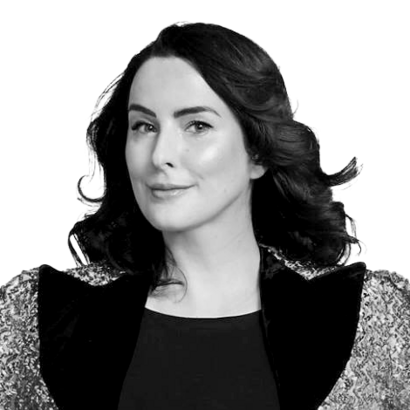Holidays used to be about lazing and lotus-eating, sun-dappled indulgence, not subsisting on calorie-free broth in a gale.
But vacations are now opportunities for the beau monde to become more beau well away from the monde, under the scrutiny of an army of medics. Why check out to paradise when you can check in to the doctor, full-time, for a week, argue these high-net-worth puritans.




